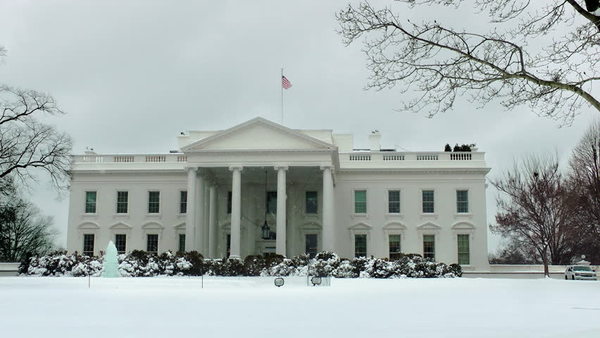
A financial regulations expert weighs in on the possible implications of President Donald Trump’s executive order scaling back the 2010 Dodd-Frank Wall Street Reform and Consumer Protection Act.
The enormous piece of financial reform legislation passed as a reaction to the 2008 financial crisis and covered about 2,300 pages. It also established a number of government agencies charged with overseeing different aspects of the banking system.
Joseph Lynyak III, partner at the international law firm Dorsey & Whitney and an expert on Dodd-Frank, the Volcker Rule, regulatory reform, and the CFPB, reviewed the executive order and provided commentary.
“The President’s Executive Order ‘Core Principles for Regulating the United States Financial System’ establishes a set of guidelines by which the Administration will judge the advisability of implementing financial regulatory changes not needing Congressional approval,” he said.
Importantly, Lynyak noted the Treasury Secretary has delegated the portfolio for financial regulatory reform, and through his role as chair of the Financial Stability Oversight Council (established by Title I of the Dodd-Frank) is charged with the task of identifying what will have the effect of making the U.S. financial system safe, sound and competitive. “Clearly this will include modifications to Dodd-Frank Act rules that have been repeatedly criticized by the industry as being burdensome, costly, and ineffective,” Lynyak said.
In a blog in The Hill, Pam Perdue, EVP, chief regulatory officer for New Haven, Conn.-based Continuity, wrote “The Banking Compliance Index disclosed that since January 2013, banks and credit unions have engaged with more than 1,200 new rules covering over 53,000 pages in the Federal Register.”
Repealing or revising Dodd-Frank requires new Congressional legislation not an executive order. Last summer, Rep. Jeb Hensarling (R-Texas), chair of the House Financial Services Committee, introduced the Financial Choice Act, which would repeal the Volcker Rule (limiting trading by financial institutions), and the Durbin Amendment (limiting debit card transactions fees), while also replacing Dodd-Frank, according to a January 30 article in the New York Times.


